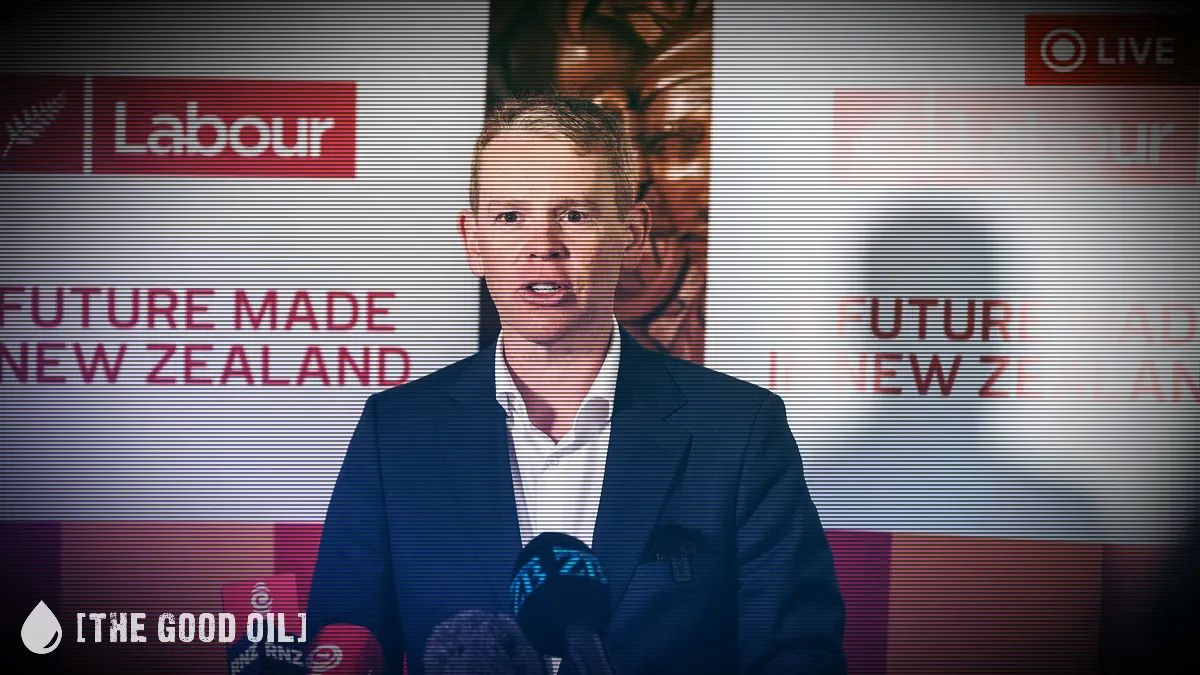Table of Contents

In the media question time following Ardern’s humiliating back-down over her favourite campaign plank, Capital Gains Tax, Ardern explained it away by claiming that she was a “pragmatic idealist”.
One would expect that someone with a communications degree would understand that such a statement is an oxymoron, but no, that is what Ardern said.
Pragmatic. adjective: – dealing with things sensibly and realistically in a way that is based on practical rather than theoretical considerations.
Idealist. noun: – a visionary or impractical person.
So we have a self-confessed impractical person who claims to deal with things in a practical way. So glad that the country is in such capable hands.
Audrey Young picked up on Ardern’s pragmatic idealist statement. (As did Soper.)
Quote.[CGT] was [Ardern’s] first captain’s call that she was later forced to reverse when it became too damaging during the election campaign.End quote.
Today, she explained her third position on capital gains by saying while she supported it in principle, she was a pragmatic idealist.
Another way to explain it is to imagine the counter-factual.
Pragmatically speaking, if Ardern had not ruled it out, three things would have happened which she has now stopped by refusing to campaign on it again.
National would have hounded Labour about it week in and week out.
Even a diluted capital gains tax would have presented opportunities for National to portray it as a Trojan Horse for further expansion.
New Zealand First leader Winston Peters would have continued to campaign to voters as the ultimate insurance policy against any further expansion of capital gains tax to farms and other businesses.
The only way he could do that now would be to suggest that Labour and Jacinda Ardern might not keep her word on a capital gains tax ? and that is not something a Deputy Prime Minister would say about a Prime Minister.
The third reason, and not least, for Ardern’s decision to rule out a future capital gains tax is that the Labour Party base would have expended a lot of energy about whether it should go into its fourth consecutive campaign in 2020 supporting such a contentious tax.
It would have been a distracting and possibly divisive debate.
Ardern has decided it is not worth it. She has built up political capital in her 18 months as Prime Minister and she has decided to cash it in.
This may be her second captain’s call on capital gains tax but this time it is a sensible one, based on pragmatism and her party’s interests rather than idealism.
A newspaper
I doubt anyone believes that Ardern made a captain’s call to cancel the CGT. She was told what to do by her puppet master. The one who keeps her high salary coming in, Winston Peters.





